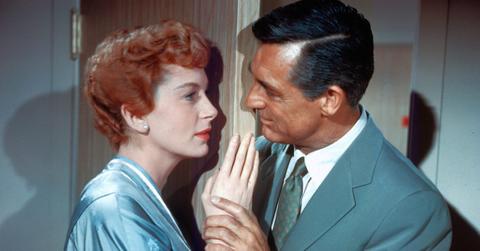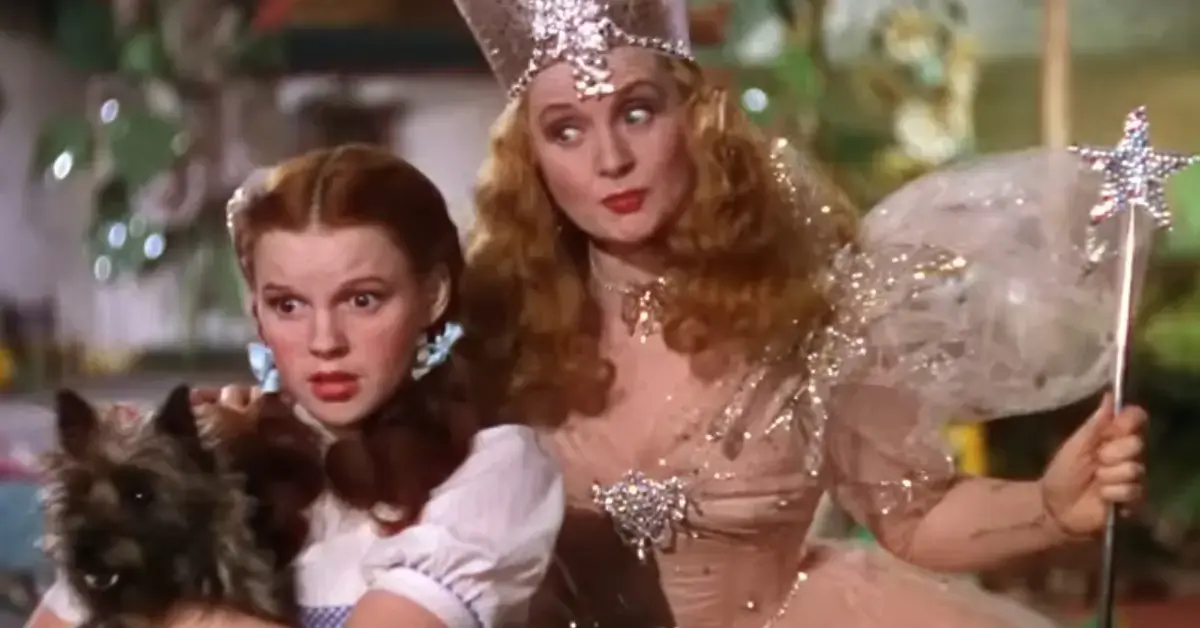The Transatlantic Accent Was Once Used To Determine Who Was From Wealth and Who Wasn't
The Transatlantic accent tapered off after World War II.
Published Dec. 30 2024, 1:18 p.m. ET

Movies from the Golden Age of Hollywood, like The Wizard of Oz and Casablanca, have one major thing in common that just can't be replicated today — the Transatlantic accent. While it might sound strange to think of actors specifically adopting an accent at this time, they did have a distinct twang to their voices when they spoke their lines, and it was something that, at the time, was welcome in cinema.
Since then, however, you are unlikely to find the same accent as widespread unless you're watching something meant to mimic it in a comedic way. So, what happened to the Transatlantic accent in movies and TV shows? There was a time when most actors adopted this vocal fry in a way to stand out. But the fact that it made people stand out is reportedly what made it eventually go away altogether.

What happened to the Transatlantic accent?
The Transatlantic accent, known also as the Mid-Atlantic accent, sounds like a newspaper barker from the 1940's or, yes, like Dorothy Gale as she cries out for Auntie Em in The Wizard of Oz. And, while it became commonplace in the media for a time, the accent died down gradually after World War II.
William Labov, an American linguist, reportedly explained in the book The Atlas of North American English that the Transatlantic accent was taught to actors and even in schools up until that time.
"Following Received Pronunciation, [the Transatlantic accent] was taught as a model of correct, international English by schools of speech, acting, and elocution in the United States up to the end of World War II," he explained, per the book.
The reason it had such a decline isn't immediately clear. However, many believe it is because speaking with the Transatlantic accent was a symbol of a higher status. After the war, as some suffered economically, being reminded of their own status wasn't something that was welcome. And the wealthy didn't want to be seen right away for all they had. So, according to some theories, that's why the accent gradually died out.
Is the Transatlantic accent from England?
When you first hear the Transatlantic accent spoken, it almost sounds British, or vaguely royal. Technically, it has Australian roots. Australian phonetician William Henry Tilly first taught the accent at Columbia University. According to the Language Log, the Transatlantic accent was not only meant to signify who the upper-class were, but also offer a clearer way of dictating for actors.
That explains why the accent made its way to the United States and became common in movies and television shows for quite a while. And although it isn't typically used by actors or the elite today, there is no denying how smooth and downright fancy the Transatlantic accent still sounds.